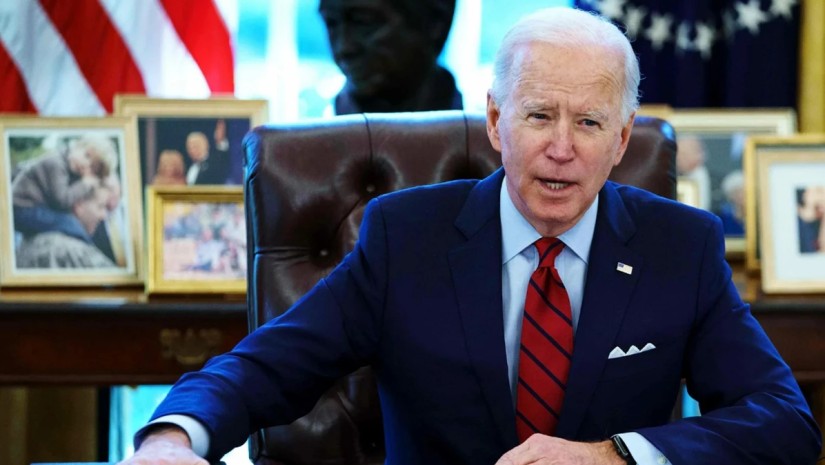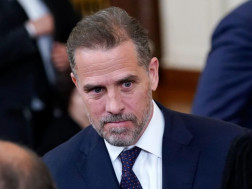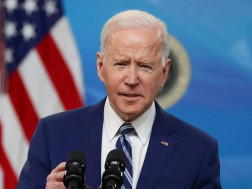President Joe Biden announced Wednesday that he approved $9 billion in student loan forgiveness for 125,000 Americans.
The relief is a result of his administration’s fixes to a number of programs, including the income-driven repayment plans and Public Service Loan Forgiveness.
More than $5 billion of the aid will go to 53,000 borrowers who’ve worked in public service for a decade or more; $2.8 billion of the forgiveness is for 51,000 borrowers enrolled in income-driven repayment plans; and another $1.2 billion of the cancellation will go to 22,000 borrowers with disabilities.
The announcement is likely to help Biden as he runs for reelection, experts say.
“Biden has forgiven more student loan debt than any previous president,” said higher education expert Mark Kantrowitz. “It distinguishes him from other candidates who are campaigning for the nation’s highest office.”
The latest forgiveness comes months after the Supreme Court struck down Biden’s plan to cancel up to $20,000 in student debt for tens of millions of Americans. After that setback, Biden said he’d pursue other paths to deliver borrowers relief.
Astra Taylor, co-founder of the Debt Collective, a union for debtors, applauded Biden for the $9 billion in aid, but called on him to do more.
“If the Department of Education can cancel this amount, it can cancel it all — meeting and exceeding the president’s commitment to borrowers currently being crushed by the chaotic return to repayment,” Taylor said.
Federal student loan payments resumed Oct. 1 after being on pause for more than three years.
Before the Supreme Court verdict, Education Department Undersecretary James Kvaal had warned that if the administration was unable to deliver on Biden’s sweeping student loan forgiveness plan, delinquency and default rates could skyrocket. More recently, the Consumer Financial Protection Bureau estimated that 1 in 5 student loan borrowers could struggle with the resumption of payments.
Biden has also announced a 12-month “on-ramp” to repayment, during which borrowers will be shielded from the worst consequences of missed payments, including falling into a delinquent status.
The timeline is, in part, political, experts say, since the data on borrower hardship won’t be released until after the 2024 presidential election, CNBC reports.
















